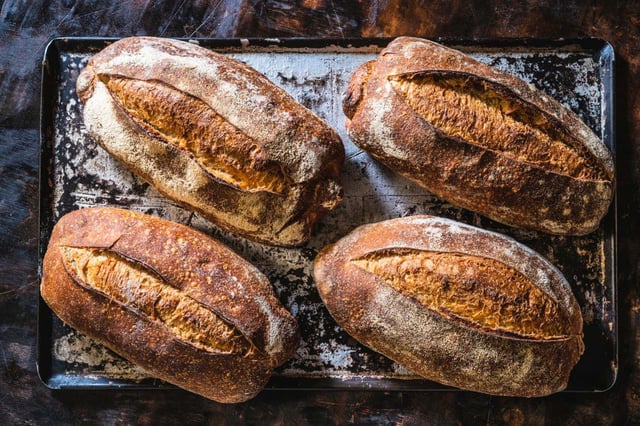Overview
- The trial was a randomized, double-blind, sham-controlled crossover study of 29 IBS patients who believed they were sensitive, each consuming visually identical bars containing gluten, whole wheat, or a gluten-free placebo.
- Symptom flare-ups occurred at similar rates across gluten, wheat and placebo bars, indicating that negative expectations alone can trigger gastrointestinal distress.
- Stool sample analysis showed only about one-third of participants fully complied with the dosing protocol, hinting that some may have skipped bars to avoid anticipated symptoms.
- When participants were told which bars provoked their symptoms, most did not alter their beliefs or continue reintroduction, underscoring the strength of the nocebo effect and social media influences.
- Investigators now advocate integrating psychological support into IBS care and are pursuing gut microbiome research to uncover genuine dietary triggers.

